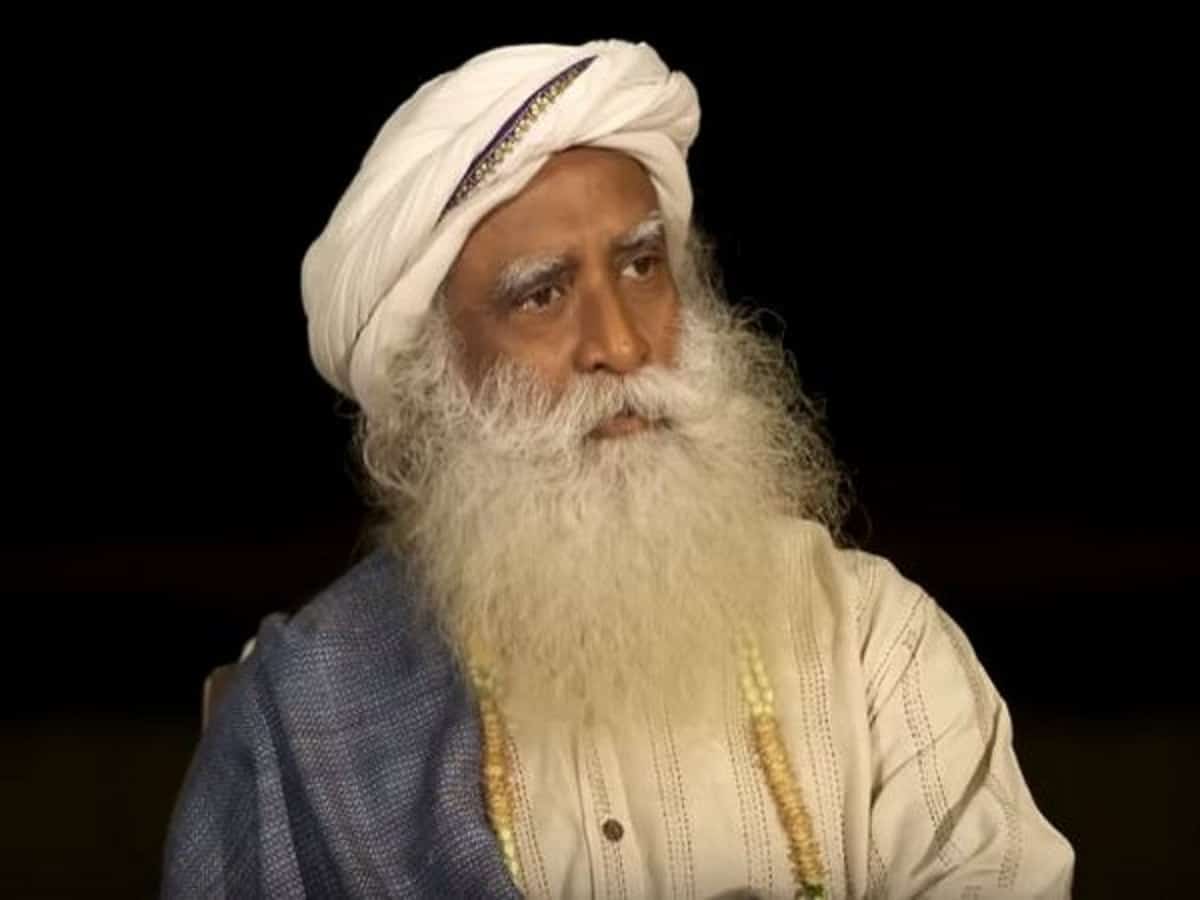
The Supreme Court has dismissed all legal proceedings against the Isha Foundation, which is led by spiritual leader Sadhguru, following a father’s claims that his two daughters were “brainwashed” into joining the ashram in Coimbatore, Tamil Nadu.
The court ruled that both Geeta and Lata were adults who chose to live in the ashram voluntarily, rejecting the petition that alleged their unlawful detention.
CJI criticises Madras HC ruling
Chief Justice DY Chandrachud criticized the Madras High Court for its “completely inappropriate” handling of the case, which had previously ordered a police inquiry into the allegations.
The Supreme Court’s ruling is specific to this case and does not preclude future actions related to other matters concerning the foundation.
The Supreme Court emphasized that since neither daughter was a minor—being 27 and 24 years old when they joined the ashram—the habeas corpus petition’s objective was met when they appeared in court.
Consequently, the Chief Justice stated that “no further directions were needed” from the judicial forum. He remarked that such proceedings should not be utilized to “malign people and institutions,” according to statements reported by the legal news site Live Law.
Police raids at Isha Foundation
Earlier this month, the Supreme Court took over the case from the Madras High Court and suspended an order that mandated police to investigate the father’s claims.
Following the Madras High Court’s directive, a large police contingent conducted raids at the Isha Foundation, which led to an appeal to the Supreme Court against the ongoing police investigation within the ashram.
The Isha Foundation has consistently denied the allegations, asserting that the women—now aged 42 and 39—are voluntary residents.
During their appearance before the High Court, they confirmed this claim, and one of them also participated via video link in the Supreme Court proceedings.
She stated that both she and her sister chose to live at the ashram willingly and accused their father of harassing them for eight years, with their mother similarly involved in the harassment.
Senior advocate Mukul Rohatgi, representing the Isha Foundation, highlighted today that even the Tamil Nadu Police’s status report confirmed that the women were living at the ashram voluntarily.
The court also addressed the father, indicating that he could not “control” the lives of his adult daughters. In its oral comments, he was advised to focus on “winning their confidence” rather than pursuing legal petitions.


